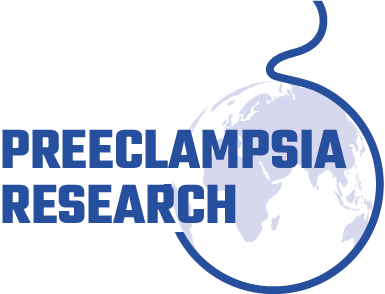ICE
The Improved Characterisation of Eclampsia StudyThe Improved Characterisation of Eclampsia Study
Eclampsia is a severe pregnancy complication that results in seizures and if left unmanaged can cause coma, brain damage and death. Importantly, seizures can be prevented. However, it is not possible to accurately predict which women will actually develop eclampsia, making it difficult to determine which women are at high risk of a seizure and would benefit from prophylaxis.
The Improved Characterisation of Eclampsia (ICE) Study aims to improve the prediction of eclampsia by characterising the clinical signs and symptoms that occur prior to the onset of eclampsia and compare these characteristics to women with preeclampsia (who did not have an eclamptic seizure). This will help us to develop a simple algorithm to identify those women at high risk of developing eclampsia.
The ICE study is recruiting women from three centres: Tygerberg Hospital, South Africa; Fatima Memorial Hospital, Pakistan; and The National Referral Hospital, Solomon Islands.
Women presenting with eclampsia, preeclampsia or healthy pregnancies will be recruited at each site. Once enrolled, participants will complete a questionnaire with a research nurse regarding the signs and symptoms experienced just prior to the onset of seizures (for eclampsia patients), or during their hospital stay (for preeclampsia and healthy controls who did not have a seizure, controls). The questionnaire for this study has been designed in collaboration with obstetricians who routinely manage eclampsia and a leading academic neurologist, to ensure relevant neurological symptoms (that may predict eclampsia) are included.
Once recruitment is complete, we will compare data from women with eclampsia to those with preeclampsia and healthy pregnancies to determine the unique signs and symptoms that precede eclampsia. From this, in close collaboration with a biostatistician, we will create a simple predictive algorithm that could be used clinically to predict eclampsia.
